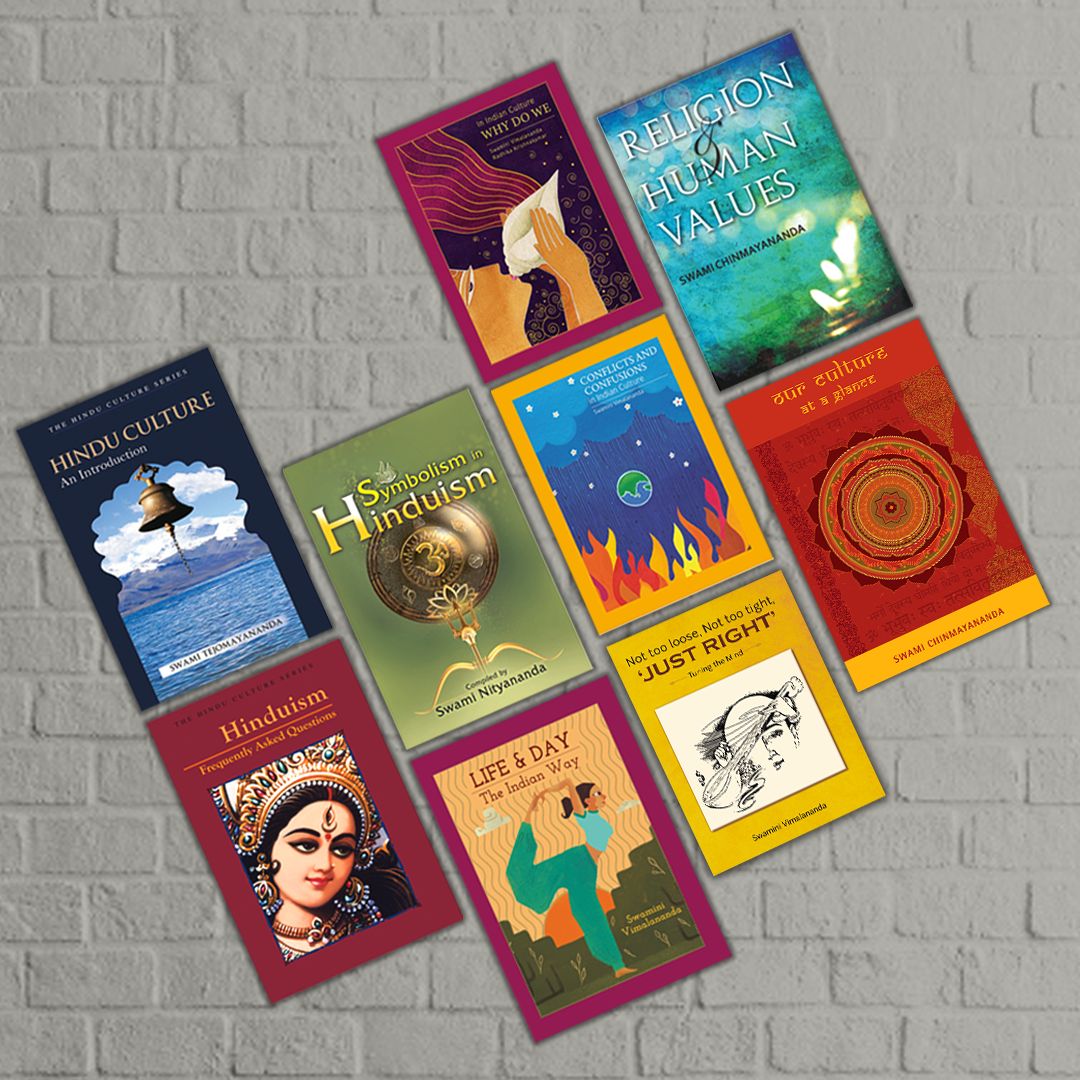
Hinduism is one of the oldest and most diverse religions in the world, with a rich tapestry of traditions, beliefs, and practices. To truly understand the depth and beauty of Hindu culture book, it is essential to explore its ancient traditions. In this handbook, we will delve into the key aspects of Hindu culture that have been passed down through generations, providing you with a comprehensive guide to this vibrant and multifaceted religion.
The Importance of Hindu Culture
Key Aspects of Hindu Cultural Traditions
- Philosophy: Hindu culture is deeply rooted in philosophical concepts such as karma, dharma, and moksha. These ideas shape the way Hindus live their lives and understand the world around them.
- Rituals and Festivals: Hinduism is known for its colorful and elaborate rituals and festivals that mark important milestones in life, honor deities, and celebrate the changing seasons.
- Art and Architecture: Hindu culture is reflected in the stunning temples, sculptures, and paintings that showcase themes from Hindu mythology and religious texts.
- Traditions and Customs: From clothing and cuisine to marriage ceremonies and funeral rites, Hindu culture is rich in traditions that have been preserved for centuries.
Exploring Hindu Rituals and Festivals
Rituals:
- Puja: A common ritual in Hinduism, puja involves offerings of food, flowers, and incense to deities at home or in temples.
- Aarti: Aarti is a ritual of light where a lamp or candle is waved in front of a deity to symbolize the removal of darkness and ignorance.
- Havan: Havan is a fire ritual where offerings are made to the sacred fire while chanting mantras for specific intentions.
Festivals:
- Diwali: Known as the Festival of Lights, Diwali celebrates the victory of light over darkness and good over evil.
- Holi: The festival of colors, Holi marks the arrival of spring and the triumph of love and joy.
- Navaratri: Navaratri is a nine-night festival dedicated to the worship of the Goddess in her various forms.
Understanding Hindu Philosophy and Beliefs
Key Concepts in Hindu Philosophy
- Karma: The law of cause and effect, where actions in this life determine future experiences.
- Dharma: The moral duty and righteousness that individuals must uphold in their lives.
- Moksha: The ultimate goal of liberation from the cycle of birth and death, attaining unity with the divine.
Beliefs in Hinduism
- Reincarnation: The belief that the soul is eternal and undergoes multiple births and deaths until it achieves moksha.
- Polytheism: Hinduism recognizes a pantheon of deities that represent different aspects of the divine.
- Samsara: The cycle of birth, death, and rebirth that souls traverse based on their karma.
Preserving Hindu Traditions in the Modern World
Challenges Faced by Hindu Culture
- Globalization: The impact of globalization has led to the dilution of traditional practices and beliefs.
- Secularism: In secular societies, the influence of religion on cultural practices is diminishing.
- Changing Lifestyles: Modern lifestyles and values may conflict with traditional Hindu customs and rituals.
Ways to Preserve and Promote Hindu Culture
- Education: Encouraging the younger generation to learn about and participate in Hindu traditions.
- Celebrating Festivals: Organizing community events and festivals to showcase the richness of Hindu culture.
- Interfaith Dialogue: Engaging in dialogue with other faiths to promote understanding and respect for diverse beliefs.
By exploring the ancient traditions of Hindu culture, we can gain a deeper appreciation for the values, beliefs, and practices that have shaped this vibrant religion for millennia. Embracing and preserving these traditions is essential to ensuring that the beauty and richness of Hindu culture continue to thrive in the modern world.

